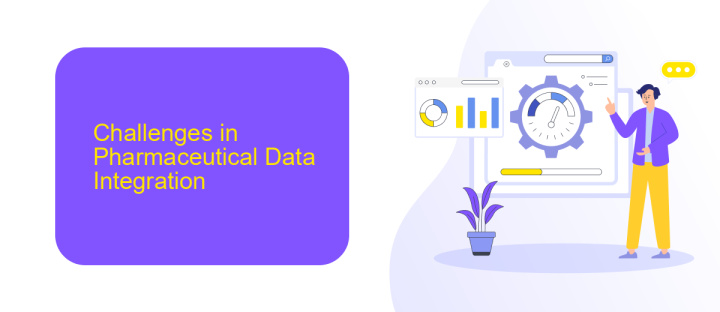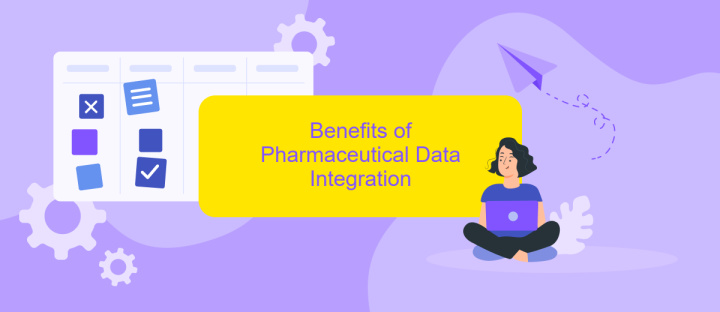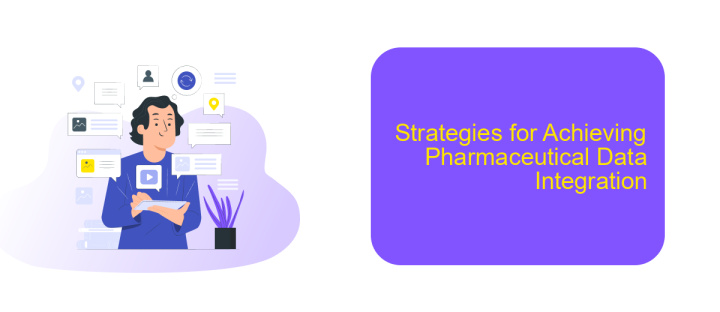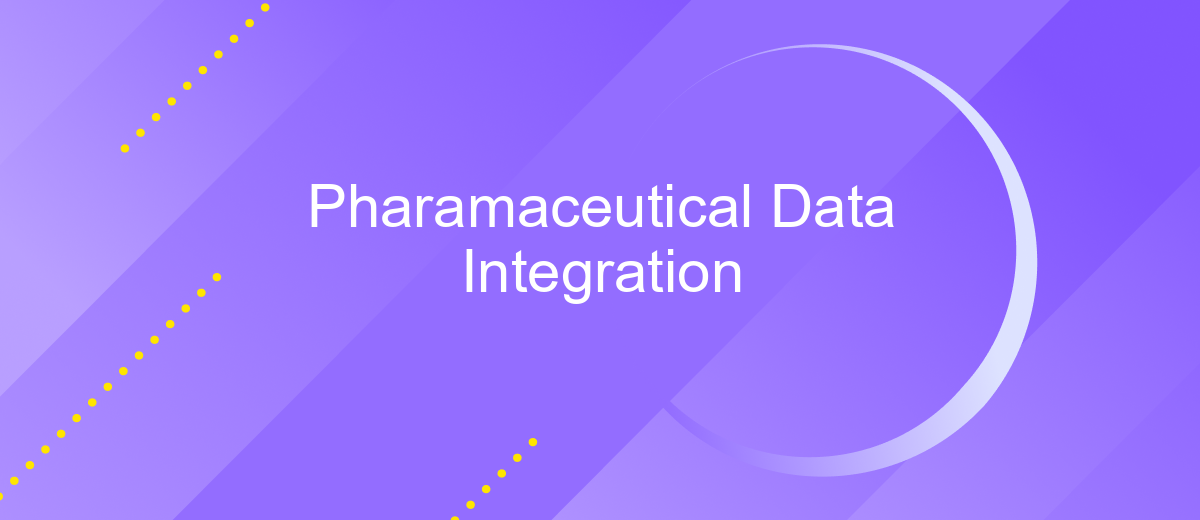Pharamaceutical Data Integration
Pharmaceutical data integration is revolutionizing the healthcare industry by enabling seamless access and analysis of vast amounts of medical data. By integrating diverse data sources, from clinical trials to patient records, pharmaceutical companies can accelerate drug discovery, enhance patient care, and improve regulatory compliance. This article explores the key benefits, challenges, and future prospects of data integration in the pharmaceutical sector.
Introduction
The integration of pharmaceutical data has become increasingly essential for improving patient care, enhancing research, and streamlining operations within the industry. By consolidating data from various sources, healthcare providers and researchers can gain comprehensive insights that drive better decision-making and innovation.
- Enhanced data accuracy and consistency
- Improved patient outcomes through personalized medicine
- Streamlined regulatory compliance and reporting
- Facilitated collaboration between researchers and healthcare providers
One of the key tools aiding in pharmaceutical data integration is ApiX-Drive, a service that simplifies the process of connecting various data sources and applications. By leveraging such services, organizations can automate data workflows, reduce manual errors, and ensure that critical information is readily accessible. This, in turn, leads to more efficient and effective pharmaceutical operations, ultimately benefiting both patients and professionals in the field.
Challenges in Pharmaceutical Data Integration

Integrating pharmaceutical data poses significant challenges due to the diverse and complex nature of the data sources involved. These sources range from clinical trial results and patient records to genomic data and supply chain information. Ensuring data consistency and accuracy across these varied datasets is a formidable task. Additionally, the sensitive nature of pharmaceutical data requires stringent security measures to protect patient privacy and comply with regulatory standards such as HIPAA and GDPR.
Another major challenge is the interoperability between different data systems and formats. Many pharmaceutical companies use legacy systems that are not designed to easily share data with modern platforms. This is where services like ApiX-Drive can be invaluable. ApiX-Drive facilitates seamless integration by providing a user-friendly interface for connecting various data sources and automating data transfers. This not only improves efficiency but also reduces the risk of human error, making it easier for pharmaceutical companies to manage and analyze their data effectively.
Benefits of Pharmaceutical Data Integration

Pharmaceutical data integration offers numerous advantages that significantly enhance the efficiency and effectiveness of the industry. By seamlessly connecting disparate data sources, pharmaceutical companies can achieve a holistic view of their operations, leading to better decision-making and optimized workflows.
1. Improved Data Accuracy: Integrating data from various sources ensures that all information is up-to-date and accurate, reducing the risk of errors and enhancing the reliability of research outcomes.
2. Enhanced Collaboration: Data integration facilitates seamless sharing of information across departments and organizations, fostering collaboration and accelerating drug development processes.
3. Cost Efficiency: By automating data collection and processing, companies can reduce manual labor and associated costs, leading to more efficient resource allocation.
4. Regulatory Compliance: Integrated data systems help in maintaining compliance with regulatory requirements by providing a comprehensive and easily accessible audit trail.
5. Accelerated Innovation: With integrated data, researchers can quickly identify patterns and insights, speeding up the discovery of new drugs and treatments.
Services like ApiX-Drive play a crucial role in this integration process by offering automated solutions that connect various data sources effortlessly. This not only simplifies the integration but also ensures real-time data synchronization, making it an invaluable tool for the pharmaceutical industry.
Strategies for Achieving Pharmaceutical Data Integration

Integrating pharmaceutical data is crucial for enhancing research, improving patient care, and ensuring regulatory compliance. Achieving seamless data integration requires a strategic approach that addresses various challenges including data silos, interoperability, and data quality.
One effective strategy involves leveraging modern integration platforms and tools. These platforms facilitate the seamless transfer and consolidation of data from disparate sources. For instance, ApiX-Drive offers robust integration capabilities that can automate data flows between different pharmaceutical systems, thereby reducing manual effort and minimizing errors.
- Utilize integration platforms like ApiX-Drive for seamless data transfer.
- Ensure compliance with regulatory standards to maintain data integrity.
- Implement data governance practices to enhance data quality and consistency.
- Foster collaboration between IT and pharmaceutical professionals for better alignment.
By adopting these strategies, pharmaceutical companies can effectively integrate their data, leading to improved decision-making and operational efficiency. Leveraging platforms like ApiX-Drive can significantly streamline the integration process, making it easier to manage and utilize pharmaceutical data effectively.
Conclusion
In conclusion, the integration of pharmaceutical data is essential for advancing research, improving patient outcomes, and optimizing operational efficiencies. By consolidating disparate data sources into a unified framework, stakeholders can gain comprehensive insights that drive informed decision-making. This process not only enhances the accuracy and accessibility of critical information but also fosters innovation through collaborative efforts across the industry.
Utilizing integration platforms like ApiX-Drive can significantly streamline the data integration process. ApiX-Drive offers a user-friendly interface and robust features that facilitate seamless connectivity between various data systems. By leveraging such tools, pharmaceutical organizations can automate workflows, reduce manual errors, and ensure data consistency. Ultimately, embracing advanced integration solutions will empower the pharmaceutical sector to achieve greater agility and responsiveness in an ever-evolving landscape.
FAQ
What is pharmaceutical data integration?
Why is data integration important in the pharmaceutical industry?
What challenges are commonly faced during pharmaceutical data integration?
How can automation tools assist in pharmaceutical data integration?
What are the key features to look for in a pharmaceutical data integration solution?
Time is the most valuable resource for business today. Almost half of it is wasted on routine tasks. Your employees are constantly forced to perform monotonous tasks that are difficult to classify as important and specialized. You can leave everything as it is by hiring additional employees, or you can automate most of the business processes using the ApiX-Drive online connector to get rid of unnecessary time and money expenses once and for all. The choice is yours!

